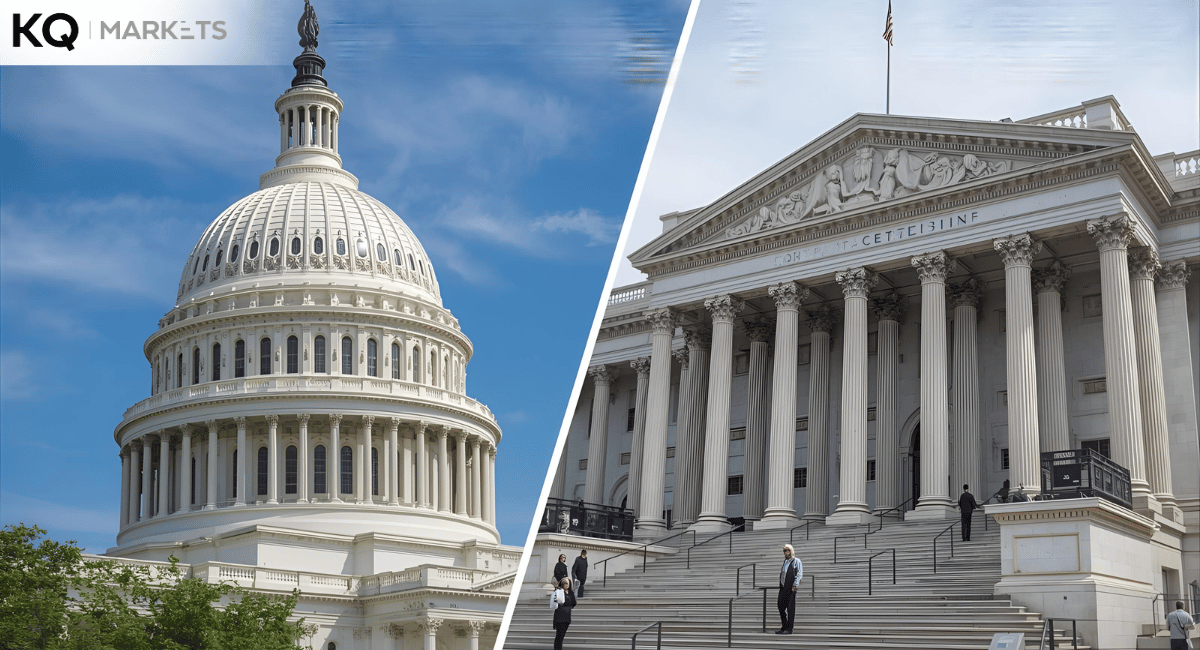HSBC faces a $1 billion financial loss after its recent sale of HSBC Argentina unit. In general, this sell-off seeks to optimize profitable markets amid economic turmoil. The country is grappling with regulatory challenges & high inflation.
HSBC Argentina Unit Sell-Off Overview
HSBC agreed to sell its business in Argentina for $550mn to Grupo Financiero Galicia. The bank will exit the Argentina market due to volatile currency & hyperinflation. Yet, it will likely record a $1 billion financial loss to pre-tax earnings due to the sale. The bank will also record a $4.9bn loss due to the falling value of the Argentine peso.
In any case, the HSBC Argentina divestment deal is set to close in 12 months, implying further losses as pre-tax grew by $1.8bn in 2023. HSBC has established a presence in over 60 countries to become one of the world’s largest banks. It serves customers worldwide in wealth management, commercial banking, and retail banking services.
Reasons for the HSBC Argentina Unit Sell-Off
HSBC Argentina unit sell-off resulted from the bank’s plan to focus on core markets for profitability and sustained growth. The chief executive of HSBC, Noel Quinn, announced that the decision enabled them to focus on high-value markets. In general, factors contributing to the HSBC Argentina acquisition include:
-
Economic Challenges
Noel clarified that the HSBC Argentina unit largely focuses on the domestic market and involves limited global operations. For that reason, it causes considerable earnings volatility, often resulting in a loss when translated to US dollars. The bank’s income statement reported a currency translation loss of about $4.9 billion.
Simply put, Argentina struggles with hyperinflation as the International Monetary Fund (IMF) predicts a 2.8% economic contraction in 2024. HSBC Argentina announced a €500 charge due to the rising prices during the fourth quarter report in February.
-
Restructuring Plan
The bank’s move to sell its Argentina unit is part of a plan to restructure and optimize its global businesses. In other words, the bank will implement HSBC Argentina divestment strategies to forego unprofitable assets and reinvest the resources in profitable markets. These restructuring plans seek to help the bank drive long-term profits.
Impacts of the HSBC Argentina Unit Sell-Off
Noel clarified that the buyer of HSBC Argentina unit will acquire their insurance & banking services. Yet, they will transfer half the $550 million via American depositary receipts to close less than 10% of the stake. Here are the impacts of the transaction:
- Earnings per Share
The HSBC Argentina unit sell-off will notably affect its EPS (earnings per share). In other words, the transaction involves pre-tax loss, resulting in decreased profitability. Therefore, the metric will likely be reflected in the bank’s profit margin per share.
- Market Reactions
Market reactions and investment sentiments due to the HSBC Argentina unit sell-off vary depending on the position. Some investors are concerned about the $1 billion financial loss and the immediate impact on HSBC’s financial health. On the other hand, other investors think the move is positive for reducing exposure to volatile markets.
- Long-Term Effects
The long-term impacts of the HSBC Argentina unit sell-off include cost reduction through eliminating expenses. In addition, strategic reinvestment of the funds resulting from the HSBC Argentina acquisition could enhance shareholder value.
Wrapping Up!
HSBC reported a $239 million pre-tax profit in 2023 with over 3,100 employees and 100 branches across Argentina. Overall, the HSBC Argentina unit sell-off will enhance its competitiveness, capital optimization, and cost reduction to drive economic growth.




